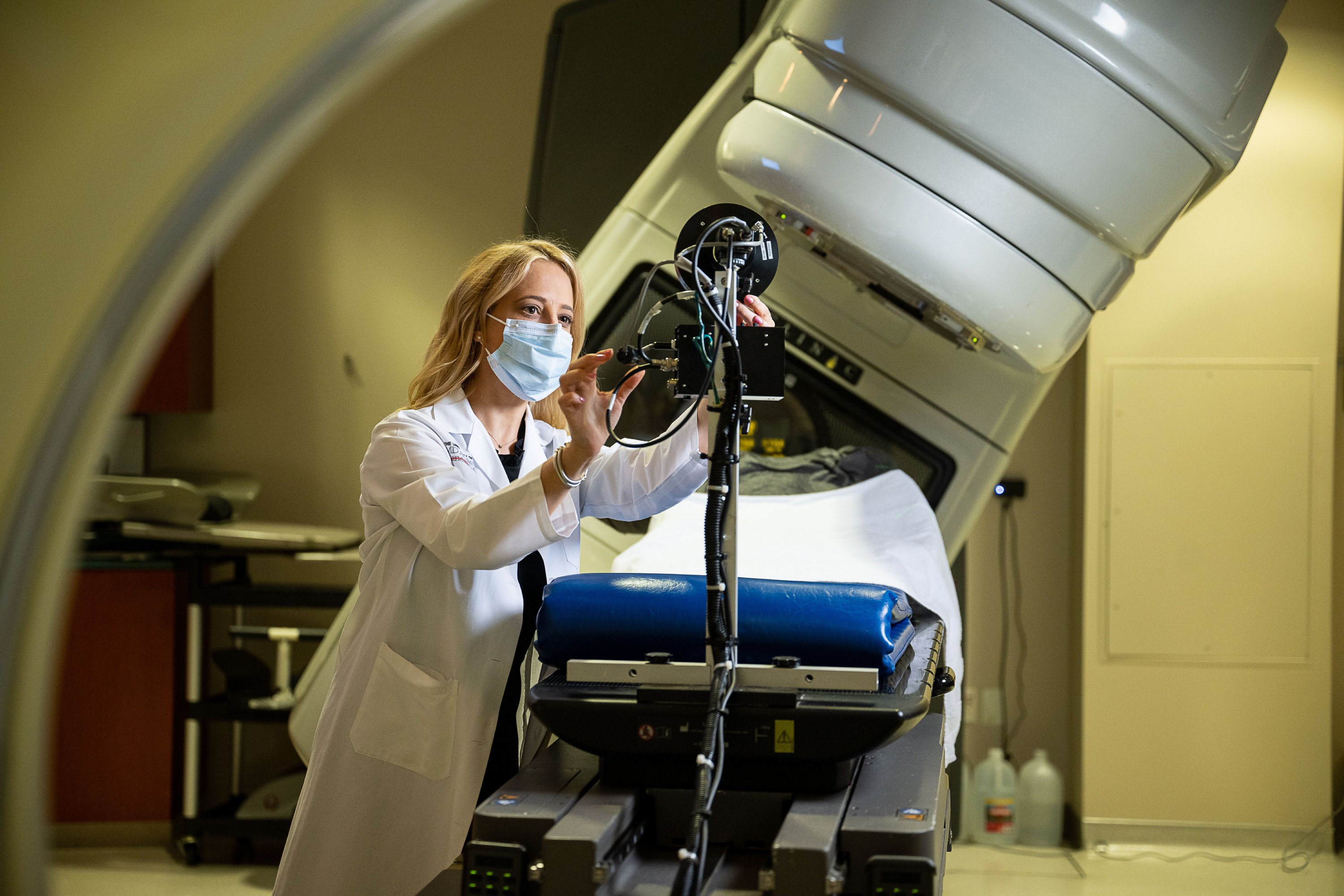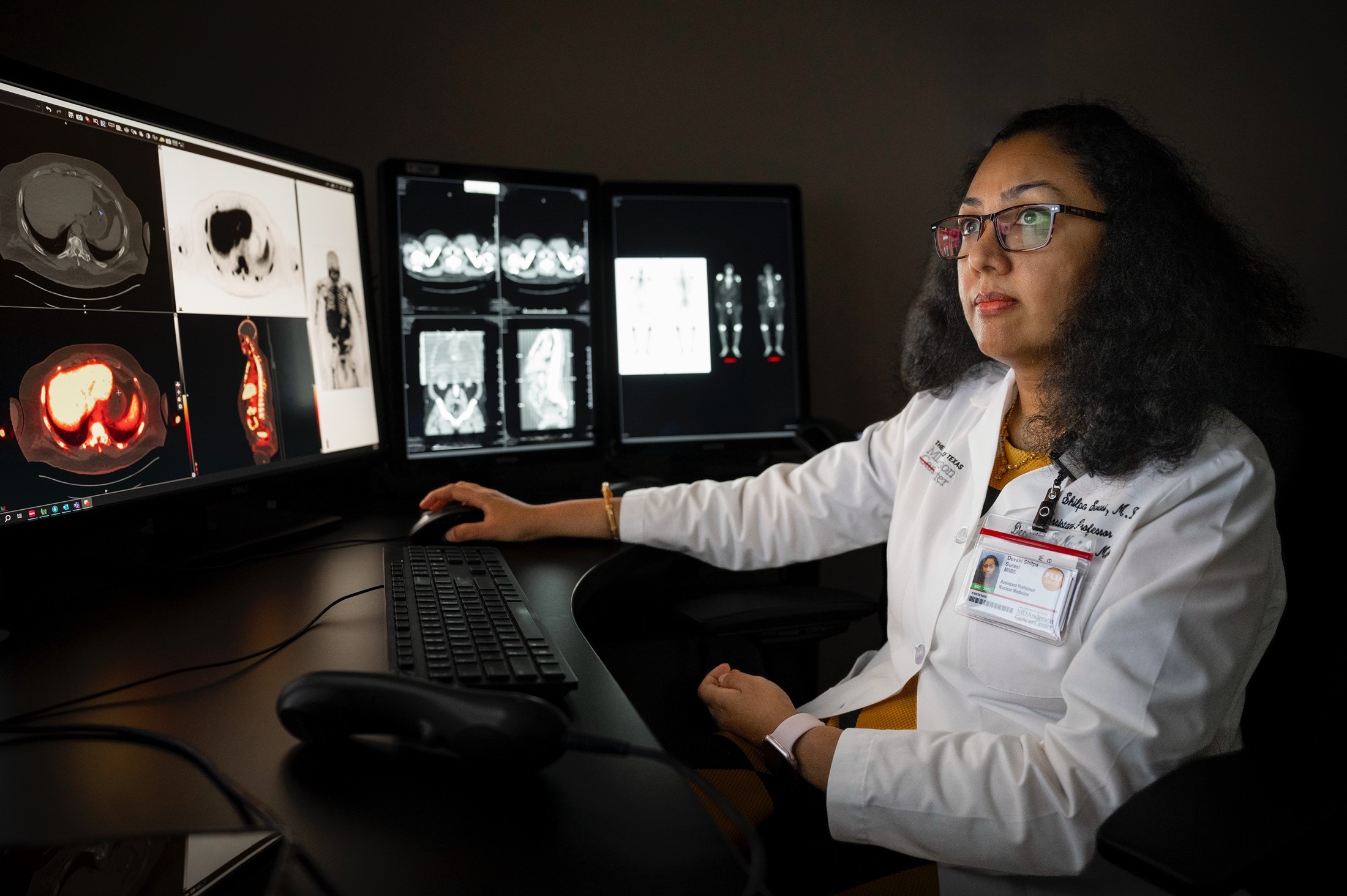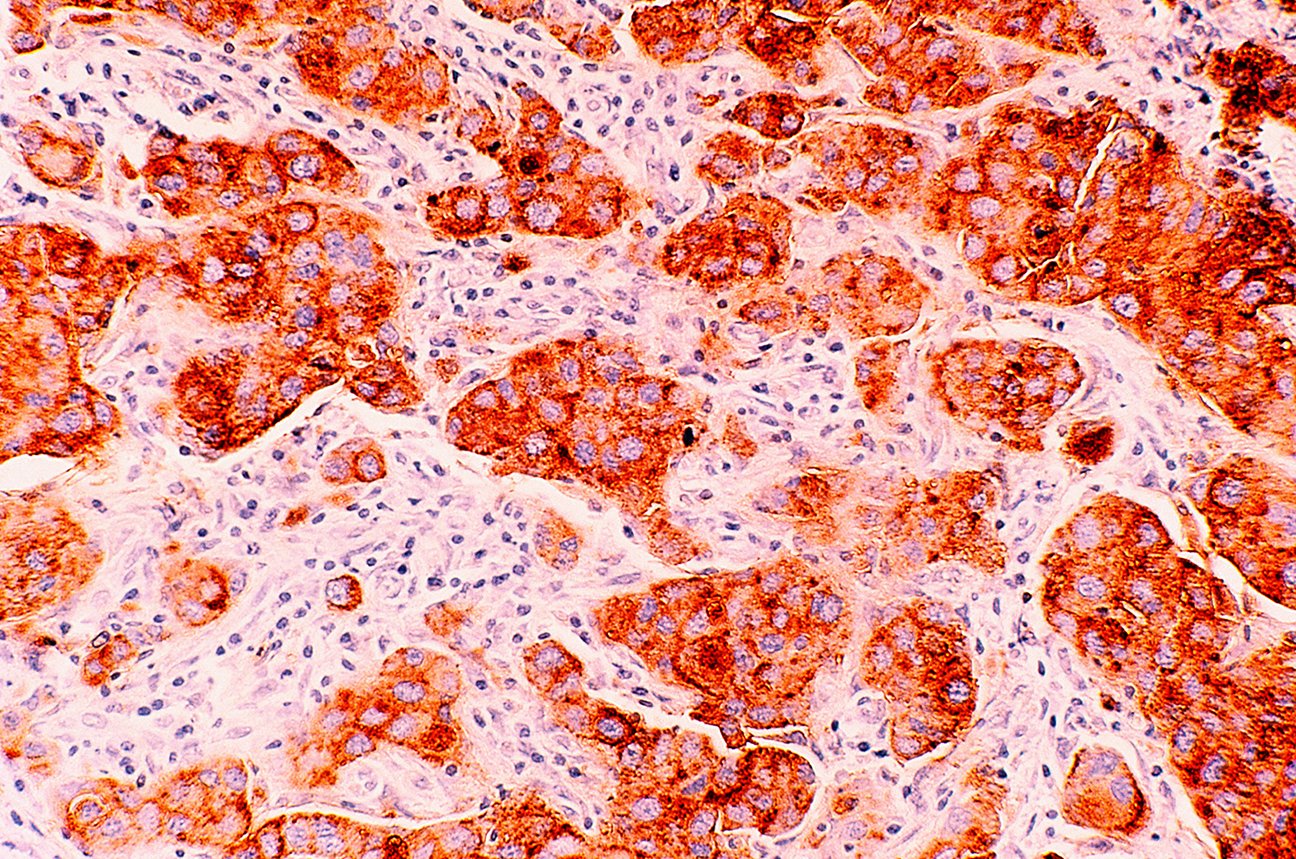- Diseases
- Anal Cancer (2)
- Bile Duct Cancer (2)
- Bladder Cancer (4)
- Brain Tumor (4)
- Breast Cancer (18)
- Cervical Cancer (8)
- Colon Cancer (10)
- Colorectal Cancer (12)
- Esophageal Cancer (6)
- Kidney Cancer (6)
- Leukemia (8)
- Liver Cancer (8)
- Lung Cancer (10)
- Lymphoma (6)
- Myelodysplastic Syndrome (2)
- Neuroendocrine Tumors (2)
- Oral Cancer (4)
- Ovarian Cancer (6)
- Pancreatic Cancer (6)
- Penile Cancer (2)
- Prostate Cancer (8)
- Rectal Cancer (6)
- Renal Medullary Carcinoma (2)
- Sarcoma (4)
- Skin Cancer (8)
- Stomach Cancer (6)
- Throat Cancer (6)
- Thyroid Cancer (2)
- Uterine Cancer (6)
- Vaginal Cancer (2)
- Vulvar Cancer (2)
- Cancer Topic
3 myths about inflammation
BY Devon Carter
3 minute read | Published March 20, 2019
Medically Reviewed | Last reviewed by an MD Anderson Cancer Center medical professional on March 20, 2019
Inflammation is the body’s natural reaction to infection or injury. But because of misinformation circulating in the media, there’s confusion about whether inflammation is healthy or harmful.
We recently asked Stephanie Watowich, Ph.D., co-director of MD Anderson’s Center for Inflammation and Cancer, about common myths surrounding inflammation and what cancer patients should know.
Here’s what she shared.
Myth: Inflammation is one condition.
Truth: The term inflammation actually refers to many different processes in the body.
“When the medical community talks about inflammation, we aren’t just talking about one thing, one organ or even the same type of inflammation,” Watowich says.
Inflammation is a local or systematic reaction from the cells in our immune system, but research has shown that there are different types of inflammation and that cells from other parts of the body are also involved. For example, the cells that line our blood vessels and the cells that line our skin also have inflammatory responses, so we know that it’s a more broad reaction that can involve cells throughout the body.
Myth: Inflammation is bad.
Truth: “Inflammation has a bad rap,” Watowich says. “But the truth is that we couldn’t live without it.”
But inflammation isn’t strictly good or bad. It can be either, depending on how long the inflammation lasts. Small flare-ups of inflammation are good since it’s our immune system working to heal our bodies, but chronic inflammation can be a sign of something more concerning such as rheumatoid arthritis, type 2 diabetes or even cancer.
“I encourage cancer patients to think of inflammation broadly,” Watowich says. “We have to understand inflammation in its context to understand if it’s helping or hurting.”
Myth: Inflammation always causes cancer.
Truth: Inflammation can contribute to the development of certain cancers. For example, Watowich cites the tight association of chronic inflammatory bowel diseases, such as ulcerative colitis or Crohn’s disease, and the development of colorectal cancer. But she adds that the connection hasn’t been established with other cancers and may not even exist. However, inflammation has been linked to the spread of cancer to other parts of the body.
At the same time, there are types of inflammation that help kill tumors. For example, immunotherapies can capitalize on inflammatory processes to attack and treat cancer.
Inflammation’s tie to immunotherapy
MD Anderson’s Center for Inflammation and Cancer is working to better understand cancer’s relationship with inflammation, ranging from how inflammation is involved in tumor growth to how inflammation can help fight cancer.
“As evident by Dr. Jim Allison’s scientific discovery that led to immune checkpoint therapy, we need to know details about the biology of inflammation and its relationship to cancer in order to discover the next breakthrough cancer therapy,” Watowich says.
Watowich’s research is exploring how inflammation prompts the response of T cells – the cells that clear out germs and even tumors that make us sick – and how these events are affected in cancer. “If we view T cells as drones targeting the cancer cells, my lab is interested in the population of cells called dendritic cells whose job is to direct the drones,” Watowich says. “The more we know about that communication, the better off we’ll be in finding new, better cancer treatments.”
Some members of the center are studying inflammation’s role in specific types of cancers, such as lung or breast cancer, and also the relationships between the microbiome, the immune system and our inflammatory processes.
“We have seen such exciting advances with immunotherapy,” Watowich says. “We need to understand the inflammatory processes much better to capitalize on those already amazing successes, such as Dr. Allison’s discovery. And MD Anderson is the ideal place to do that because our phenomenal doctors and some of the world’s top basic scientists are all working towards one goal.”
Request an appointment at MD Anderson online or by calling 1-877-632-6789.
Related Cancerwise Stories

We have to understand inflammation in its context to understand if it's helping or hurting.
Stephanie Watowich, Ph.D.
Researcher





